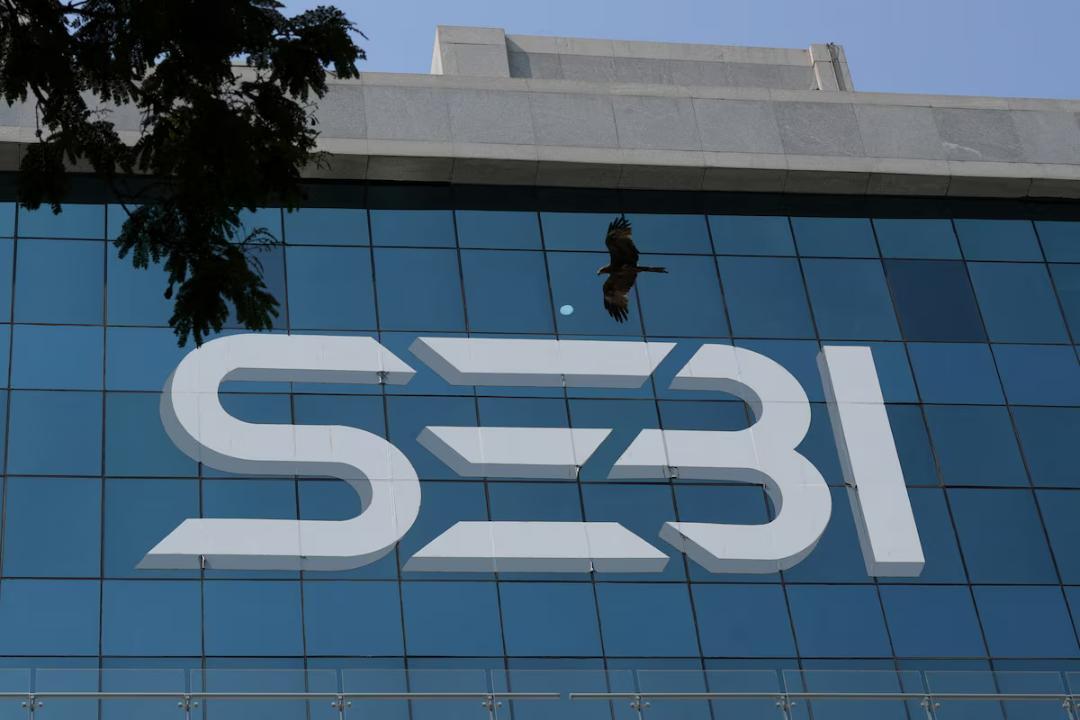
SEBI bars mutual funds’ participation in pre-IPO placement: Report
In a significant move to enhance transparency and boost liquidity in the Indian capital markets, the Securities and Exchange Board of India (SEBI) has prohibited mutual funds from investing in pre-initial public offering (IPO) share placements. However, the regulatory body has allowed mutual funds to participate in anchor rounds, as reported by PTI. This decision is aimed at promoting a more transparent and efficient valuation process for companies going for IPOs.
The pre-IPO placement process has been a subject of debate in recent times, with concerns being raised about the lack of transparency and potential for price manipulation. By prohibiting mutual funds from participating in pre-IPO placements, SEBI aims to address these concerns and ensure that the valuation of companies going for IPOs is more accurate and reflective of their true worth.
Earlier, SEBI had amended rules to revamp the share-allocation framework for anchor investors in maiden public offerings. The move was aimed at increasing transparency and reducing the risk of price manipulation. With the latest decision, SEBI has further tightened the norms for pre-IPO placements, ensuring that the process is more transparent and accountable.
The decision to allow mutual funds to participate in anchor rounds is a significant one. Anchor investors are institutional investors who invest in a company’s IPO before it is open to the public. They provide a level of comfort to other investors, as their investment is seen as a vote of confidence in the company’s prospects. By allowing mutual funds to participate in anchor rounds, SEBI is providing an opportunity for these institutional investors to take part in the IPO process while ensuring that the valuation of the company is more transparent and accurate.
The prohibition on mutual funds’ participation in pre-IPO placements is expected to have a positive impact on the Indian capital markets. It will help to reduce the risk of price manipulation and ensure that the valuation of companies going for IPOs is more accurate. This, in turn, will boost investor confidence and promote a more efficient allocation of capital in the markets.
The move is also expected to promote transparency and accountability in the pre-IPO placement process. By prohibiting mutual funds from participating in pre-IPO placements, SEBI is ensuring that the process is more transparent and that investors have access to accurate and timely information about the company’s valuation.
In recent times, there have been concerns about the lack of transparency in the pre-IPO placement process. Some companies have been accused of using pre-IPO placements to manipulate their valuations and attract investors. By prohibiting mutual funds from participating in pre-IPO placements, SEBI is addressing these concerns and ensuring that the process is more transparent and accountable.
The decision is also expected to have a positive impact on the overall health of the Indian capital markets. By promoting transparency and accountability, SEBI is helping to build investor confidence and promote a more efficient allocation of capital in the markets. This, in turn, will help to drive economic growth and promote financial stability.
In conclusion, the decision by SEBI to prohibit mutual funds from participating in pre-IPO placements is a significant one. It aims to promote transparency and accountability in the pre-IPO placement process and ensure that the valuation of companies going for IPOs is more accurate and reflective of their true worth. By allowing mutual funds to participate in anchor rounds, SEBI is providing an opportunity for institutional investors to take part in the IPO process while ensuring that the valuation of the company is more transparent and accurate.
The move is expected to have a positive impact on the Indian capital markets, promoting transparency and accountability, and boosting investor confidence. As the Indian economy continues to grow and evolve, it is essential that the capital markets are regulated in a way that promotes transparency, accountability, and efficiency. The decision by SEBI to prohibit mutual funds from participating in pre-IPO placements is a step in the right direction, and it is expected to have a positive impact on the overall health of the Indian capital markets.






